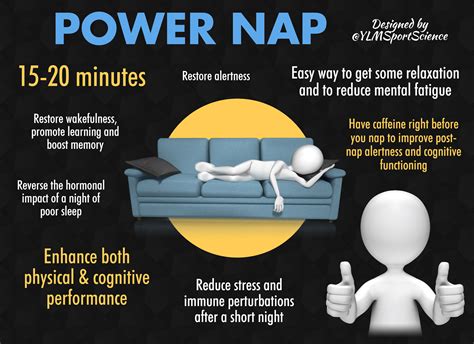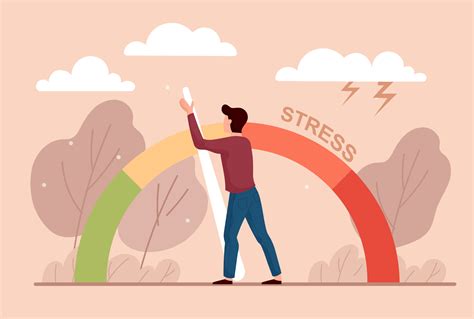How to optimize sleep for peak male recovery & performance?

For men striving for peak physical and mental performance, sleep is not a luxury—it’s the fundamental pillar upon which all other aspects of health and recovery are built. Often overlooked in favor of intense training or demanding work schedules, adequate and high-quality sleep is crucial for hormone regulation, muscle repair, cognitive function, and maintaining energy levels. This article delves into how men can strategically optimize their sleep to unlock their full potential.
The Science of Sleep and Male Physiology
During sleep, particularly the deep NREM and REM stages, the male body undergoes critical restorative processes. Growth hormone, essential for muscle repair and fat metabolism, is predominantly released during deep sleep. Testosterone, a cornerstone of male vitality, also sees its highest production during sleep. Chronic sleep deprivation can significantly decrease testosterone levels, impairing muscle growth, libido, and mood. Beyond hormones, sleep solidifies memories, clears metabolic waste from the brain, and strengthens the immune system, directly impacting recovery from exercise and resistance to illness.

Establishing a Consistent Sleep Schedule
One of the most powerful tools for sleep optimization is consistency. Going to bed and waking up at roughly the same time every day, even on weekends, helps to regulate your body’s natural circadian rhythm. This internal clock dictates when you feel sleepy and awake, and a consistent schedule reinforces its natural cycle, leading to more efficient and restful sleep.
Optimizing Your Sleep Environment
Your bedroom should be a sanctuary for sleep. Aim for a space that is:
- Dark: Block out all light using blackout curtains or an eye mask. Even small amounts of light can disrupt melatonin production.
- Cool: The ideal temperature for sleep is typically between 60-67°F (15-19°C). A cooler room signals to your body that it’s time to rest.
- Quiet: Minimize noise distractions with earplugs, a white noise machine, or sound-absorbing materials.

Crafting a Powerful Pre-Sleep Routine
The hour or two before bed is crucial for signaling to your body that it’s time to wind down. Avoid stimulating activities such as intense exercise, heavy meals, excessive alcohol, and caffeine in the hours leading up to sleep. Critically, minimize exposure to blue light from screens (phones, tablets, computers, TVs), as it suppresses melatonin production. Instead, engage in relaxing activities like reading a physical book, taking a warm bath, listening to calming music, or practicing light stretching or meditation.

Nutrition, Exercise, and Sleep Synchronization
While regular exercise is beneficial for sleep, timing is key. Intense workouts too close to bedtime can elevate core body temperature and stimulate the nervous system, making it harder to fall asleep. Aim to finish vigorous exercise at least 3-4 hours before sleep. Similarly, your diet impacts sleep. Avoid heavy, fatty, or spicy meals close to bedtime, which can cause indigestion. Prioritize a balanced diet rich in whole foods, and be mindful of caffeine and alcohol intake, especially in the afternoon and evening.
Managing Stress for Better Rest
Chronic stress is a major impediment to quality sleep. Elevated cortisol levels can keep you wired and make it difficult to fall or stay asleep. Incorporating stress-reducing techniques into your daily life—such as mindfulness meditation, deep breathing exercises, spending time in nature, or journaling—can significantly improve your ability to relax and transition into sleep. Even 10-15 minutes of dedicated relaxation time can make a difference.

When to Seek Professional Help
If despite implementing these strategies, you consistently struggle with sleep—experiencing excessive daytime fatigue, loud snoring, or interrupted breathing during sleep—it may be time to consult a healthcare professional. Conditions like sleep apnea, insomnia, or restless leg syndrome require medical diagnosis and treatment and can severely impact overall health and performance.
Conclusion: Prioritizing Sleep for Peak Male Performance
Optimizing sleep is not a passive activity; it requires intention and consistent effort. By understanding the profound impact of sleep on male physiology and implementing strategic adjustments to your sleep schedule, environment, and daily habits, you can unlock enhanced recovery, sharper cognitive function, balanced hormones, and sustained energy. Make sleep a non-negotiable part of your daily routine and experience the transformative power it holds for achieving peak male recovery and performance.










